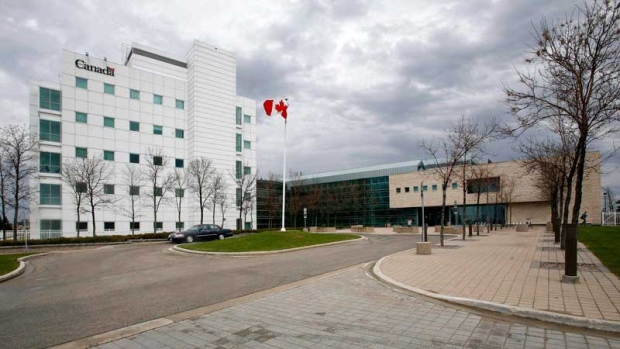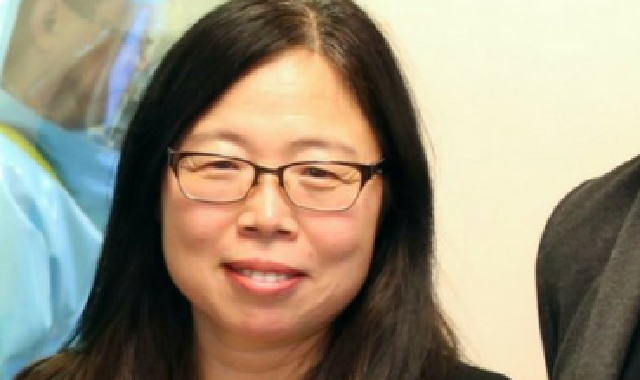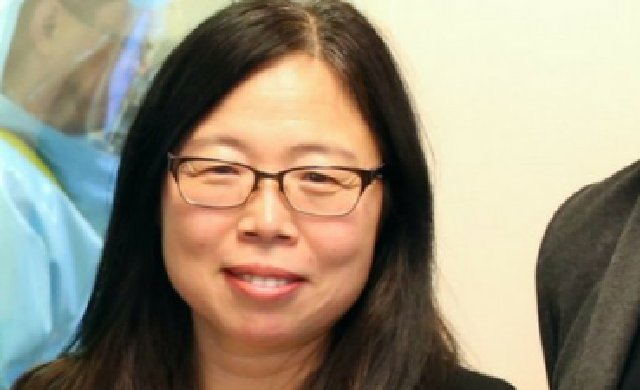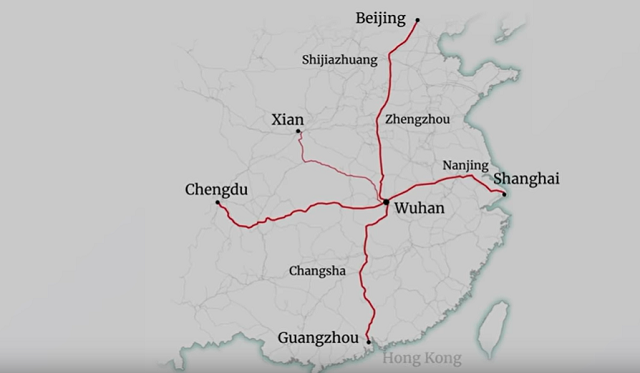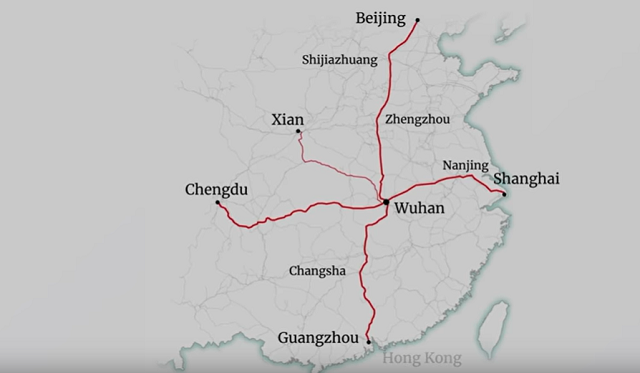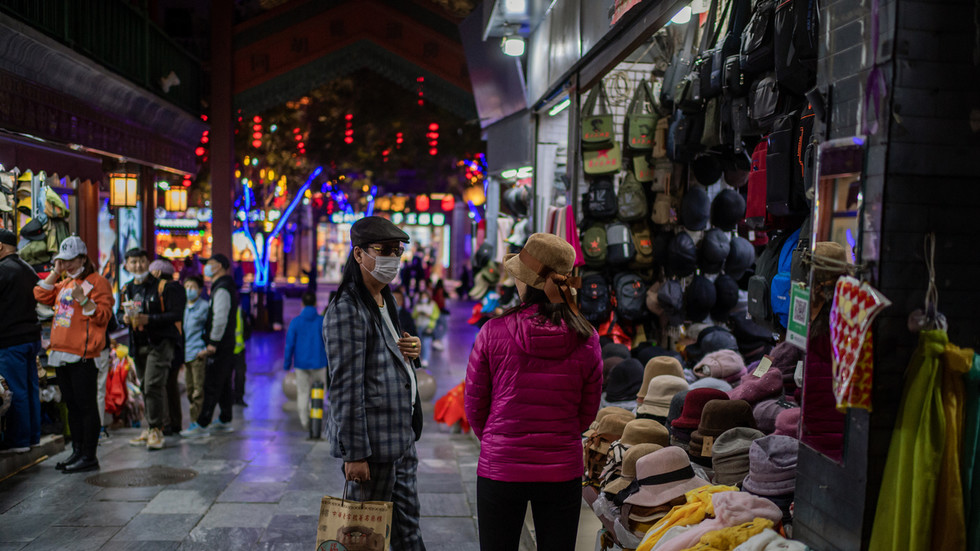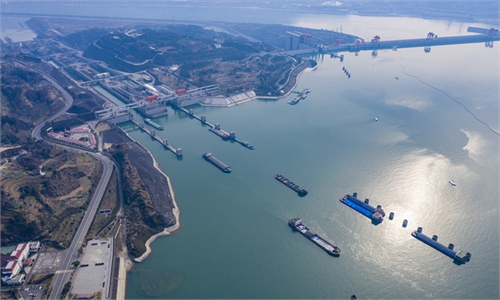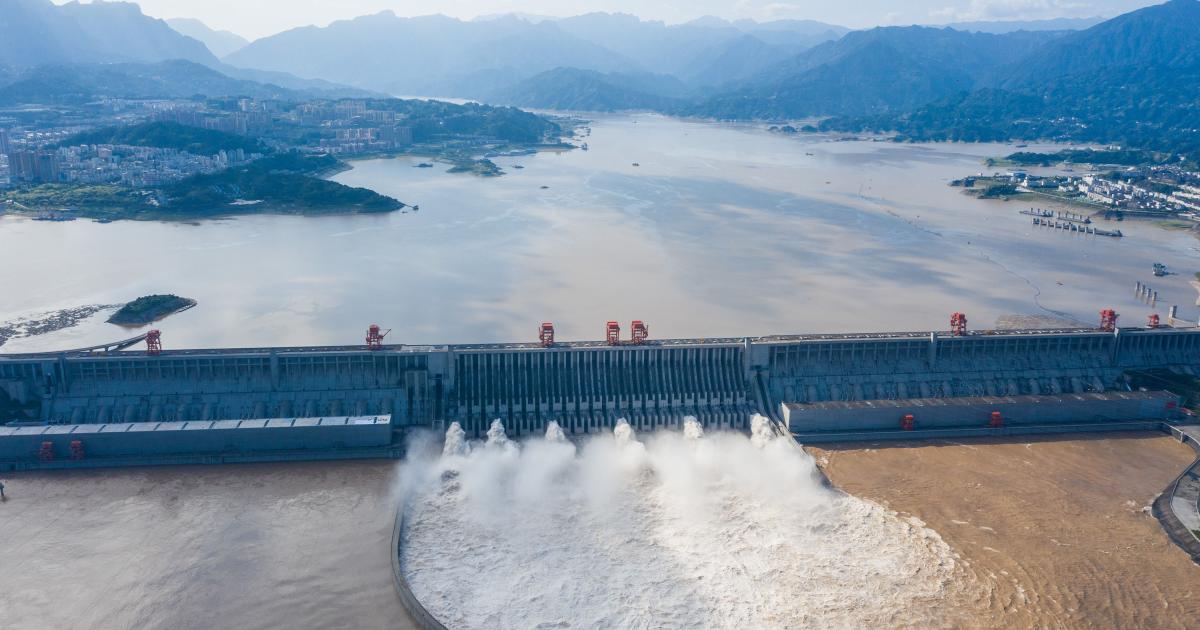The report was
given much cover by Fox News in the U.S. (owned and directed by Rupert Murdoch) which noted that “
A research dossier compiled by the so-called ‘Five Eyes’ intelligence alliance, that reportedly concludes
China intentionally hid or destroyed evidence of the coronavirus pandemic, is consistent with U.S. findings about the origins of the outbreak so far, senior U.S. officials told Fox News on Saturday [ May 2].” The reporter who
produced the Telegraph story, ‘National Political Editor’ Sharri Markson,
declared on Fox News next day that “It’s very clear from this 15-page dossier that has been prepared by concerned western governments that China deliberately covered up evidence of the virus early on in a pure case of negligence… this directly contributed to thousands, tens of thousands, hundreds of thousands of people getting sick and dying.”
It was utter nonsense, of course, and was therefore seized upon by the UK’s gutter tabloid the Daily Mail which
informed its millions of readers that “Bombshell ‘Five Eyes’ Western intelligence dossier claims China lied about coronavirus.” To give them their due, the majority of the UK media declined to spread such garbage, but the stink has lingered in spite of the
revelation on 7 May that “Australia has determined the report is not a Five Eyes intelligence document. It is not believed to include original intelligence from human sources or electronic intercepts.” Of course not. But that doesn’t matter to the propaganda-meisters who scored a victory over truth and decency.
And even supposedly respectable organisations are not averse to slanting information when there is an opportunity. As
pointed out by the Bulletin of the Atomic Scientists,
“United States Strategic Command, the branch of the U.S. military responsible for the nation’s nuclear weapons, recently released an imperially misleading infographic on Twitter. The graphic is confused – not only about when to use bold typeface, but also about the facts.”
The graphic claims that “Russia, China, North Korea and Iran pursue new nuclear weapons and delivery systems to threaten the world” while, as the Bulletin points out “there’s no mention of Russia’s dramatic reductions [in numbers of nuclear weapons], which have outpaced those of the United States. Since 1990, the Russian stockpile has declined from roughly 37,000 warheads to
4,310 – an 88 percent decrease.” But the head of U.S. Strategic Command, Admiral Charles Richard,
tweeted on 3 May that “The threats we face today and in the future are real, and have not changed during the pandemic. While we continue to seek and provide for a safe and secure world, others continue to act provocatively and irresponsibly.”
Perhaps nobody told Admiral Richard that the U.S. has 3,800 nuclear weapons while China has 300. And while his Command is alleging provocation and irresponsibility by China he should bear in mind the
report on 30 April that “The U.S. military continued its weeklong show of force in the South China Sea with a sortie over the contested waters by two Air Force bombers. The B-1B Lancers from the 28th Bomb Wing at Ellsworth Air Force Base, S.D., flew a 32-hour round trip to conduct operations over the sea as part of a joint bomber task force by the U.S. Indo-Pacific Command and U.S. Strategic Command.” Not only this, but in the waters of the South China Sea “The guided-missile cruiser USS Bunker Hill sailed near the Spratlys on Wednesday as part of its so-called freedom-of-navigation operations” and “on Tuesday, the guided-missile destroyer USS Barry sailed near the Paracel Islands.” Provocation, anybody?
The Pentagon’s 2019 Report to Congress about China’s ‘Military and Security Developments’
notes that the Chinese navy’s “latest surface and subsurface platforms enable combat operations beyond the reach of China’s land-based defences. In particular, China’s aircraft carrier and planned follow-on carriers, once operational, will extend air defence coverage beyond the range of coastal and shipboard missile systems and will enable task group operations at increasingly longer ranges.” But nobody can believe that China will “follow-on” in the foreseeable future to the extent that it will have anything like
the eleven nuclear-powered, nuclear-armed aircraft carriers that the U.S. Navy deploys all over the world.
The Covid-19 pandemic is a world crisis that should have resulted in all nations getting together and cooperating in every possible way to control the spread of the virus, combat its physical and economic consequences, and produce and administer an immunity vaccine. Instead, the priority of Trump Washington has been to denigrate China in every way possible. The exchange between Secretary of State Pompeo and Martha Raddatz on ABC television made this clear, when he was asked “Do you believe coronavirus was man-made?” to which he replied that “the best experts seem to think so.” Martha Raddatz wasn’t going to let him get away with that and pointed out that “the Director of National Intelligence says the consensus is it wasn’t.” Pompeo’s lame but most revelatory counter to her line of questioning was “What’s important is the Communist Party could’ve prevented this.”
And to further challenge the Communist Party,
the Pentagon’s aggressive operations around China’s shores include the USS Ronald Reagan Carrier Strike Group along with “the amphibious assault ship USS America, smaller than the Reagan but carrying F-35B Lightning II stealth strike fighters” and the USS Nimitz Strike Group is about to leave San Diego for an undisclosed Indo-Pacific mission. The health crisis affected the U.S. fleet, and there will be yet more instances of virus infection, but the Chief of Naval operations, Admiral Gilday
declared that in spite of the world health emergency the U.S. navy has “a duty to ensure we are ready to respond. We cannot simply take a knee or keep everyone in port until this enemy is defeated. We are America’s away team. The uncertainty caused by [the coronavirus] makes our mission of protecting America at sea more important than ever. That is why the U.S. Navy continues to operate forward every day.”
So now we know. Forget the world health crisis. Concentrate on confronting China. The “away team” is considered to be Washington’s route to a peaceful and prosperous future.

